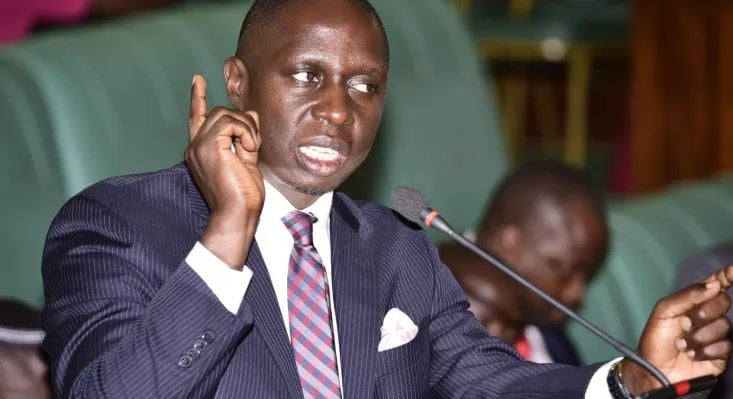Regulation of speech is counterproductive

Kampala Central MP Muhammad Nsereko
Uganda’s Computer Misuse Act in many respects stirs the pot by interesting itself in one of society’s philosophical conundrums. It was Karl Popper who, in the 20th Century, proffered a paradox of tolerance that states thus: “If we extend unlimited tolerance even to those who are intolerant, if we are not prepared to defend a tolerant society against the onslaught of the intolerant, then the tolerant will be destroyed, and tolerance with them.”
Put simply, Popper reckoned that tolerance without limit is pernicious in its consequences. The linear movement proceeds sequentially in holding that the tolerant cannot be tolerant of the intolerant if society is to remain tolerant. This Popperian view championed by proponents of regulated free speech has gained wider currency with the advent of unprecedented social media penetration.
In Uganda, one school of thought led by Mr Muhammad Nsereko—the Kampala Central lawmaker—is against taking an absolutist view of free speech. The opposite side of the argument insists that regulated free speech is an oxymoron. This side rails against all forms of limitation on grounds that any such action silences people and makes fear the presiding emotion.
In considering whether to green-light or strike down a section in the Computer Misuse Act on offensive communication, Uganda’s Constitutional Court put an appreciable distance between itself and Popperian beliefs. Popperianism wants us to believe that stating something that offends is the same as inciting harm or hatred. It also wants us to reduce something complex to an oversimplification in the shape of privileging offence over freedom of expression.
This newspaper joins free speech activists in toasting to last week’s Constitutional Court’s decision. We are, however, under no illusions about the bumpy road ahead. We are mindful of the fact that such is the Computer Misuse Act’s draconian body of work that the state has so many tools at its disposal to regulate speech. Take Section 23(A) of the amended Computer Misuse Act that prescribes punishments for so-called “hate speech.” It’s bound to have a chilling effect.
We are also alive to the chilling effect of Section 24 of the Act that puts forth the cyber harassment charge. A person is to be found guilty of cyber harassment if they use the computer for purposes of: making any request; suggestion or proposal which is obscene, lewd, lascivious or indecent; threatening to inflict injury or physical harm to the person or property of any person.
Rather than defend the right to be intolerant of intolerance, we reckon that the tolerant can and should be tolerant of the intolerant for as long as that intolerance is only expressed in words. That that offends cannot and should not be viewed in the same breath as inciting harm or hatred. If anything, free speech is a handy tool the common person (muntu wawansi) uses to check an overbearing government.
Since free speech is life itself, it’s our fervent hope that the courts of law will continue to act as a bulwark against those proffering needless limitations. Light and darkness cannot live side by side. It has to be one over the other, and we choose light.




